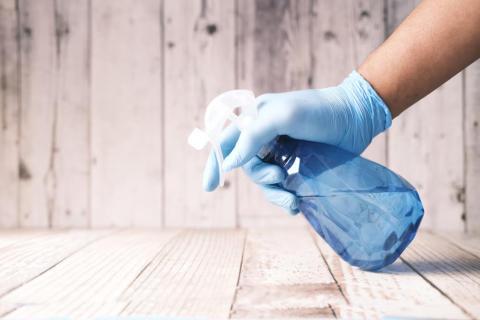This week, we're focusing on important life skills
every person should know. I'm zoning in on two a day. If you missed any of the previous ones, you can access my past newsletter issues to read those. Here are the last ones:
9. Take a decent "selfie." Cell phones have been around for quite some time now, and most of us have likely taken a "selfie" (a photo of ourselves). The young people have most people older than 40 beat when it
comes to being able to take a passable selfie or groupie.
But the capability is definitely in everyone's reach...and no, you don't have to walk around with a
selfie stick to do so. If you're taking a selfie, be sure you are facing the source of light, like a window; don't have the light source behind you.
Natural light will end up with the best results. Don't use your flash, or you're likely to end up with "red eye" giving you the appearance of a vampire.
If you
have "portrait mode" on your camera, try using that. It focuses on you and blurs your background.
Use your timer; it helps to prevent "shake" which will make your photo blurry. Check
your background to avoid super busy backgrounds, unless you're trying to get that effect, like if you're in Times Square in New York.
Hold your camera higher than your forehead and tilt your camera top down...about 45 degrees. Flash your best, more natural smile.
Don't look at the screen. Look at the camera lens.
Most important, practice!
10. Keep yourself safe during a weather-related storm or earth-related event. Something most of us will have to deal
with (or have dealt with) is keeping
ourselves and our families safe during a storm (lightening storm, hurricane, tornado, flood, etc.) or earth-related event, like an earthquake.
Waiting to do your research until the moment the challenge ensues is not a good idea.
While even the most
well-informed person can get into trouble, or not even be able to do anything in a situation like this, in many cases, there are ways to protect yourself and your family. For instance...
Always have at least "one gallon of water, per person, per day" in your home (enough to last three days), as well as
three days worth of non-perishable food (enough to feed everyone in your household).
Be sure you and family members specifically know what to do, where to shelter, etc. when emergencies
typical to your area occur, such as an area prone to tornados.
At least one person in your family should know CPR and First Aid.
Know how to quickly shut off your utilities.
Have a Family Communication Plan in place, so you know how to keep in touch with family members in case of an emergency.
The more safety precautions you know and review, the better you'll be able to protect yourself and your family members.












